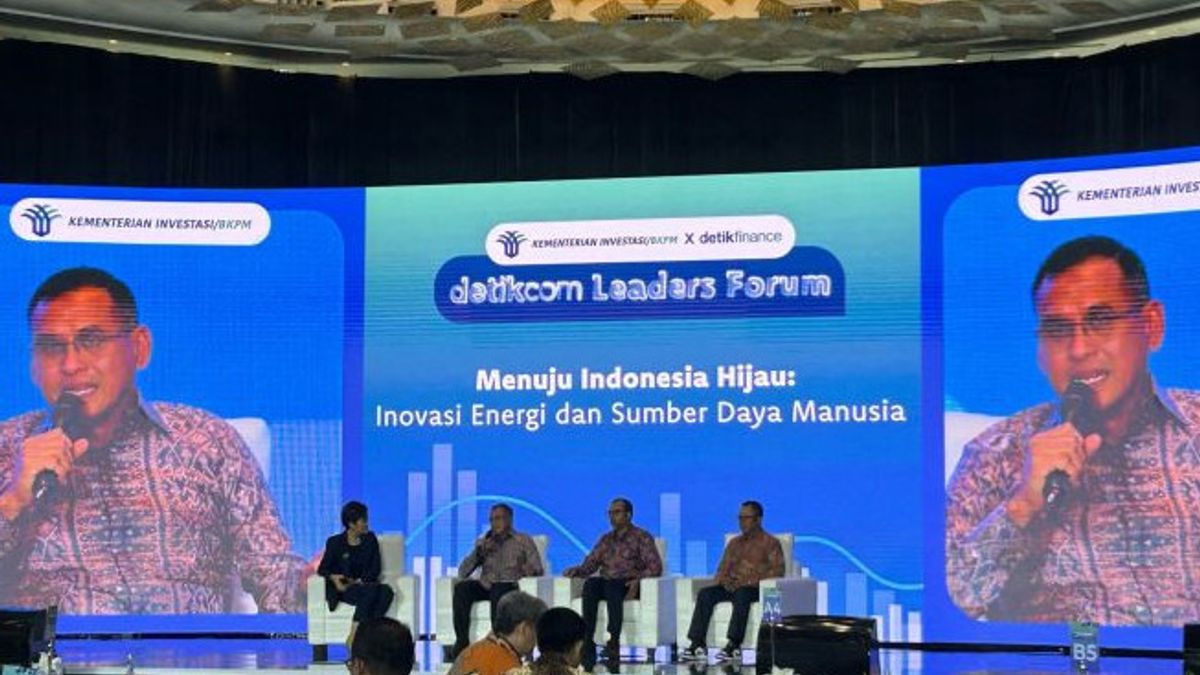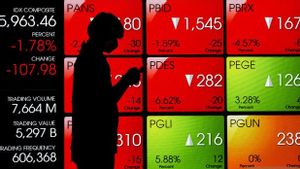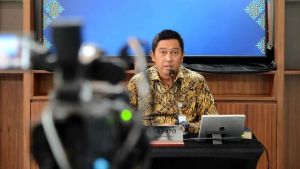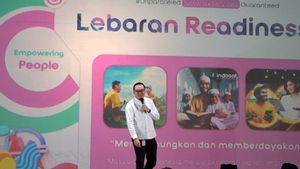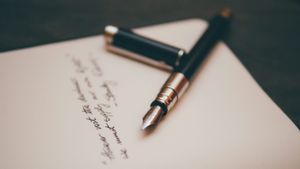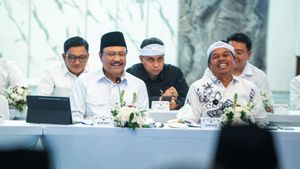JAKARTA - President Director of PT Pupuk Indonesia (Persero) Rahmad Pribadi said that domestic gas raw materials are the biggest challenge for downstream fertilizers.
According to him, most of the raw materials for fertilizer come from natural gas and 32 percent of agricultural production also depends on natural gas-based fertilizers.
"The challenge is not on the market, the market is huge, but do we have raw materials. Because natural gas in Indonesia will run out at a certain point, so for us in the fertilizer industry the biggest challenge is to ensure the guarantee of gas supply," Rahmad said in "Leaders Forum: Towards a Green Indonesia" in Jakarta, quoted from Antara, Tuesday, September 17.
Energy security and food security, he continued, have a very close connection. Therefore, an innovation is needed to ensure the supply of raw materials is sufficient for downstream fertilizers.
According to Rahmad, this is the key so that the domestic fertilizer industry can develop and become the number one in the world.
He also said it was impossible to build an industry without any supply guarantees.
"We do not remain silent, we innovate, change from using natural gas as a main feedstock, to a renewable resources-based one," he said.
Previously, PT PLN Energi Primary Indonesia (PLN EPI) entered into the Green Hydrogen Purchase Agreement with PT Pupuk Indonesia (Persero), PT PLN Indonesia Power, and ACWA Power in accelerating the domestic green energy transition program.
The agreement is considered a strategic step in the development of hydrogen for the main raw materials in the production of green ammonia, in line with the Indonesian government's target to achieve net zero emissions by 2060.
SEE ALSO:
The strategic step of PLN EPI is part of the 10-year roadmap of the Ministry of SOEs to become the pioneer of a green economy in Indonesia.
Cooperation with international partners such as ACWA Power is expected to accelerate the adoption of green energy in various sectors and strengthen Indonesia's position in climate change mitigation at the global level.
The English, Chinese, Japanese, Arabic, and French versions are automatically generated by the AI. So there may still be inaccuracies in translating, please always see Indonesian as our main language. (system supported by DigitalSiber.id)
